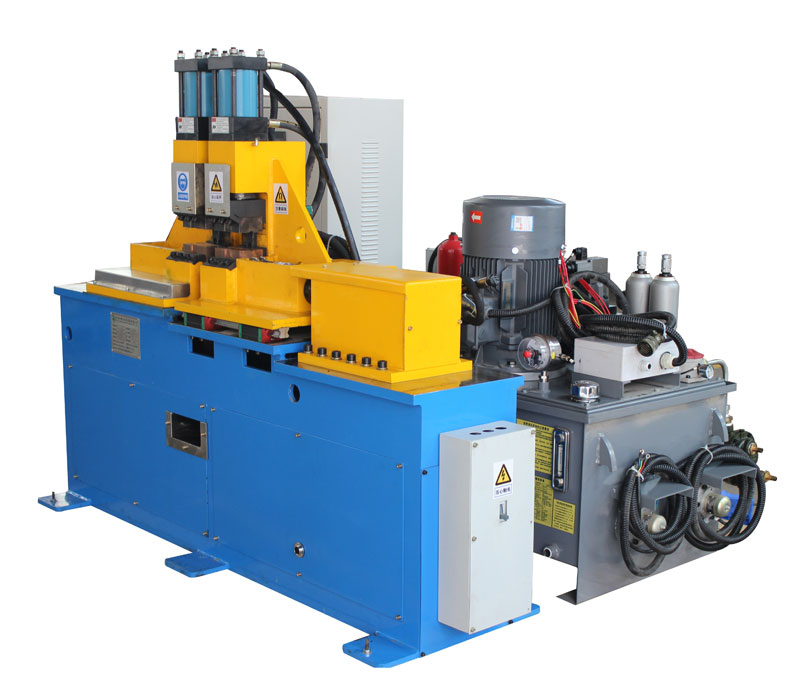Factors Affecting Quality in Welding Machines: A Comprehensive Analysis
This article provides a comprehensive analysis of the key factors that influence the quality of welding in welding machines. Welding is a critical process in various industries, and the quality of welds directly impacts the structural integrity and performance of fabricated components. Understanding and controlling the factors that affect welding quality are essential for producing reliable and defect-free welds. The article delves into factors such as welding parameters, material selection, cleanliness, and joint preparation, and discusses their significance in achieving high-quality welds. By addressing these crucial elements, welders and welding operators can ensure consistent, durable, and safe welds, meeting the highest industry standards.
Welding quality is of paramount importance in industries where the integrity of welded structures directly impacts safety and performance. Various elements contribute to the overall quality of welds produced by welding machines. By recognizing and controlling these factors, welding professionals can enhance the reliability and performance of welded components.
- Welding Parameters Welding parameters such as voltage, current, and travel speed significantly influence the quality of welds. Proper adjustment of these parameters ensures the appropriate heat input and fusion, leading to strong and defect-free welds.
- Material Selection The choice of welding materials, including base metals, filler metals, and fluxes, plays a crucial role in welding quality. Compatibility and proper material selection are essential to achieve a metallurgically sound weld joint.
- Cleanliness Contaminants on the welding surface, such as oil, dirt, or rust, can severely affect the quality of welds. Proper surface preparation and cleanliness are essential for creating sound welds.
- Joint Preparation The quality of the joint preparation, including bevel angle, root gap, and fit-up, directly affects weld penetration and strength. Proper joint preparation is vital for achieving full joint fusion.
- Shielding Gas In gas metal arc welding (GMAW) and gas tungsten arc welding (GTAW), the choice and flow rate of shielding gas significantly impact the weld quality. Proper shielding gas selection ensures a stable arc and minimizes the risk of weld defects.
- Welding Technique The welding technique employed, such as the choice between manual, semi-automatic, or automatic welding, can influence the consistency and appearance of welds.
- Welder Skill and Training The skill and experience of the welder play a crucial role in achieving high-quality welds. Adequate training and certification ensure that welders adhere to proper welding procedures.
The quality of welds produced by welding machines is influenced by a myriad of factors. Addressing critical elements such as welding parameters, material selection, cleanliness, joint preparation, and shielding gas can significantly enhance the welding quality. By maintaining stringent welding standards and providing continuous training to welding personnel, industries can ensure that welding operations consistently deliver reliable, durable, and high-performance welded components.
